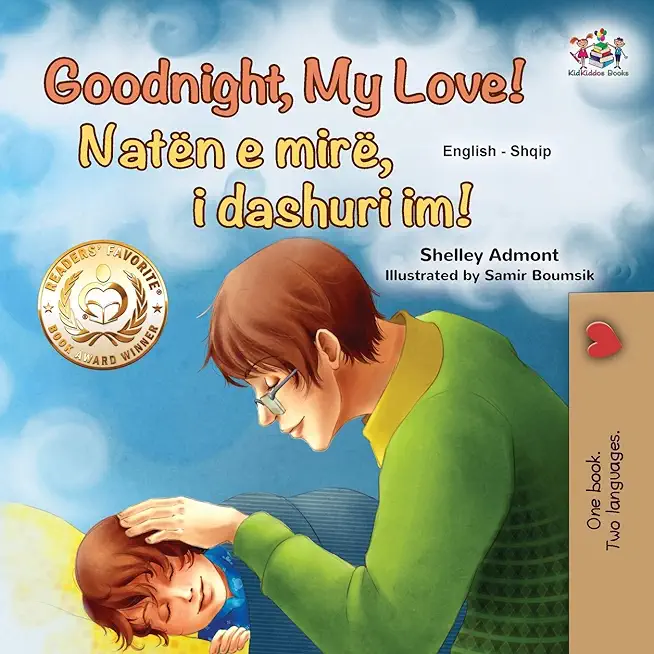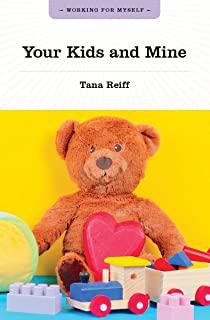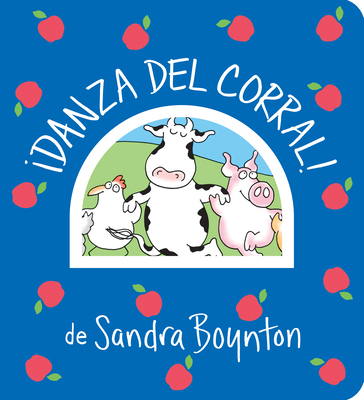
López-Robertson, Julia
product information
description
xtremely powerful and important for young learners from minoritized backgrounds, yet such families are often overlooked, silenced, or ostracized. This book presents a much-needed framework for family and community engagement in the early childhood and elementary literacy classroom that embraces and foregrounds students' unique cultural backgrounds. This book spotlights the families of minoritized learners and the crucial role that they play in building dynamic and inspiring environments for learning. To re-envision the engagement of these families in the early childhood classroom, the book provides an accessible understanding of Yosso's theory of community cultural wealth. Covering key topics such as children's literature and digital tools, the book features strategies for implementing culturally responsive classroom practices to create positive home-school partnerships. Each chapter highlights one type of capital in community cultural wealth-aspirational, linguistic, familial, social, navigational, and resistant-and gives teachers guidance on working with and supporting the efforts of families both inside and outside of the classroom.
This book is an essential resource to inform current and future early childhood educators on how to gain deeper understandings of what families-especially from Communities of Color-already are doing for the education of their children, and how best to support them.
member goods
No member items were found under this heading.
listens & views

BEST 80'S MODERN ROCK ALBUM ...
by BEST 80'S MODERN ROCK ALBUM / VARIOUS (CAN)
COMPACT DISCout of stock
$19.99
Return Policy
All sales are final
Shipping
No special shipping considerations available.
Shipping fees determined at checkout.






